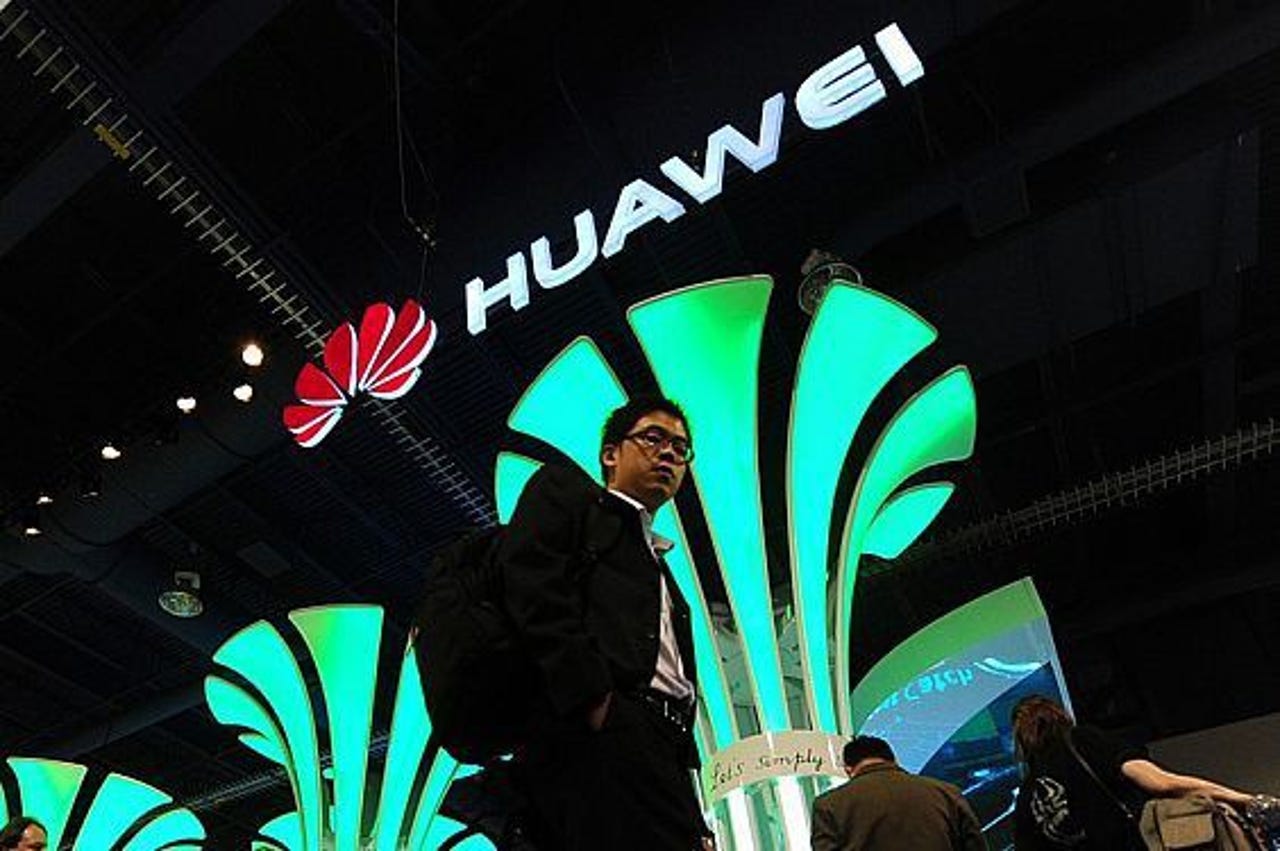Huawei steps up expansion in Asia, EU


Japan's biggest carrier, NTT DoCoMo, announced in late-August that it would introduce Ascend D1, which it touted to be the fastest dual-core Android smartphone equipped with a 1.5GHz dual-core processor and 4.5-inch 720p IPS display. The phone is the first Chinese smartphone ever sold in Japan and at a very competitive price of 10,000 yen (US$127), according to a Japanese newspaper's report.
Huawei also recently nailed a contract with Optimus to provide the Portuguese carrier with SingleRAN equipment, which supports GSM, UMTS and LTE.
"Optimus is excited to announce that Huawei has been selected as a strategic partner for the important launch of our commercial LTE services in Portugal," said José Pinto Correia, CTO of the company, in an interview with a tech Web site. "We believe that Huawei's innovative solution and rich commercial experience will enable our customers to enjoy an incomparable mobile broadband experience."
In March, the Chinese company was banned by the Australian government from bidding on the country's telecom contracts over concerns about the company's long-doubted connection with the Chinese military.
The House Intelligence Committee of the US also suspected that Huawei could be spying on the US network and mobile communications by setting up an empire of routers, base stations, and mobile phones inside America.
After conducting investigation and sending out investigators to China, the committee remained cautious.
"I remain concerned about the national security threat posed by the potential expansion of Huawei and ZTE into our telecommunications infrastructure," said committee chairman, Mike Rogers. "I appreciate the cooperation from Huawei and ZTE thus far, and look forward to receiving more information about their activities as well as the influence of the Chinese government in their operations. We must get to the bottom of these issues before the companies have further access to our market."